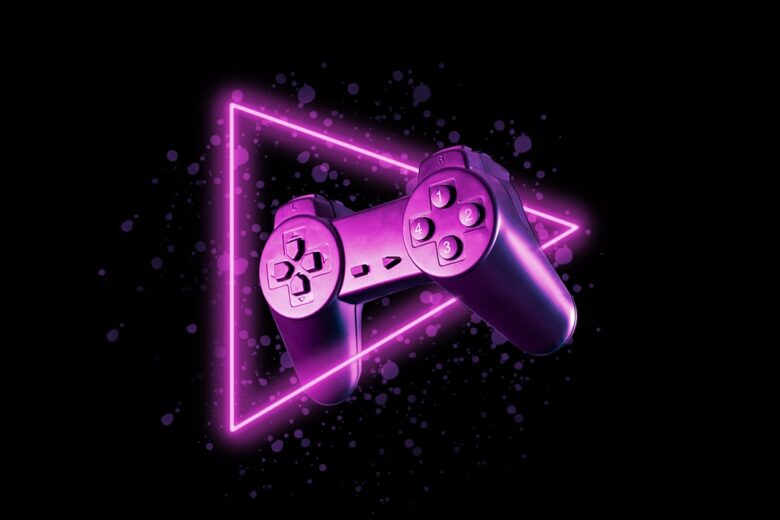In the ever-evolving landscape of gaming technology, where responsiveness and precision are paramount, the parallels between the gaming industry and the world of medical devices become increasingly apparent. The quest for enhanced user experience has led to a fascinating exploration of how the high standards set by medical device developers can inspire innovations in gaming controllers. In this journey, we discover that the production of 3D printed medical equipment showcases precision engineering that can be adopted across different sectors.
The Precision Paradigm
The medical devices industry has long been synonymous with precision and accuracy. Whether it’s surgical instruments or diagnostic tools, the demand for perfection is non-negotiable. Gaming controllers, on the other hand, have historically focused on responsiveness, sometimes at the expense of pinpoint accuracy. By drawing inspiration from the meticulous standards set by medical device developers, the gaming industry has the potential to elevate the precision of gaming controllers to new heights.
Imagine a gaming experience where every movement, every click, is executed with surgical precision. This level of accuracy is not only immersive but can also redefine competitive gaming by minimizing the margin of error. The production of 3D printed medical equipment exemplifies the epitome of precision engineering, providing a blueprint for gaming controller manufacturers to follow suit.

User-Centric Design
User-centric design is another realm where the gaming industry can take cues from medical device developers. The ergonomic design of medical devices, tailored to the needs and comfort of users, can be a game-changer for gaming controllers. The production of 3D printed medical equipment involves creating customized solutions for patients, and a similar approach can be adopted in gaming to cater to the diverse needs of players.
By prioritizing user comfort and accessibility, gaming controllers can evolve into intuitive extensions of the player’s intent. Just as medical devices are crafted with the end-user in mind, gaming controllers should undergo a transformation that considers the hands holding them. The production of 3D printed medical equipment showcases how personalized design can revolutionize user interaction, transcending industry boundaries.
Regulatory Compliance
The stringent regulatory landscape governing the medical devices industry serves as a beacon for the gaming sector. While gaming has seen its share of controversies surrounding product quality and safety, embracing a regulatory framework akin to medical devices can enhance the overall integrity of the industry.
The production of 3D printed medical equipment adheres to rigorous standards to ensure patient safety. Similarly, implementing standardized regulations in the gaming industry can lead to products that not only meet quality benchmarks but also inspire trust among consumers. Just as medical devices undergo rigorous testing before reaching the market, gaming controllers should undergo a similar scrutiny to ensure durability, safety, and ethical production.
Data Security in Gaming
As the gaming industry continues to embrace online connectivity and cloud-based services, the importance of data security cannot be overstated. Here, the medical devices industry sets a commendable example with its robust measures to protect sensitive patient data. Cutting-edge security protocols set a benchmark for the gaming industry to follow.
Ensuring the privacy and security of gamer data is not just a legal requirement but a fundamental aspect of building trust among users. Medical equipment innovation showcases the importance of encryption, secure data handling, and stringent access controls. Implementing similar measures in gaming not only safeguards user information but also establishes the industry as a responsible custodian of personal data.
In the pursuit of precision and accuracy, the gaming industry can draw invaluable lessons from the medical devices sector, guiding the gaming industry toward a future where controllers are not just tools but precision instruments. By embracing user-centric design, regulatory compliance, collaborative innovation, and robust data security, gaming controllers can transcend their current limitations and redefine the gaming experience for players around the world.

























